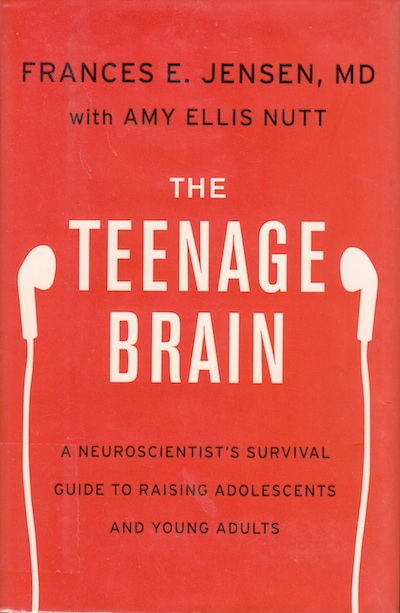 I continue to adore Shirley Jackson’s essays/nonfiction chapters about raising her four kids in a possibly haunted house in small town Vermont in the late 1940s-early 1950s. Life Among the Savages lived up to all my expectations about the essays’ hilariousness and strangeness.
I continue to adore Shirley Jackson’s essays/nonfiction chapters about raising her four kids in a possibly haunted house in small town Vermont in the late 1940s-early 1950s. Life Among the Savages lived up to all my expectations about the essays’ hilariousness and strangeness.
To wit: I was giggling audibly while reading them on the sofa next to my husband. He asked me what was so funny, so I read him the paragraph that ends with her daughters’ singing “Baby ate a spider, baby ate a spider.” Then he started laughing.
Him: Who wrote this?
Me: Shirley Jackson, you know the woman who wrote The Lottery? [You know, that story you read in high school about the woman who ends up getting stoned to death? aka NOT FUNNY – Kate]
I wasn’t expecting the first set of her essays to be so entertaining, but these lived up to every expectation I had. Definitely recommended.

